Elevate your leadership impact in 2026. APS Leadership Edge for EL2s and new Management Edge for APS6/EL1s - practical, virtual programs for real results.
Career pathways
Latest news

Published
The future is looking bright for accountants with the right skills, as organisations expect more strategic input. What skills and knowledge areas are essential for success in 2026 and beyond?

Published
Sonali Varma, an Australian Institute of Health and Welfare graduate passionate about mental health, shares her experience in the APS and her journey to a Rhodes Scholarship.
Upcoming events

This course is delivered from 12/02/2026 to 26/03/2026, by face-to-screen consisting of four 3.5-hour sessions

This course is delivered from 16/02/2026 to 17/02/2026, by face-to-screen consisting of two 3-hour sessions.

This course is delivered from 17/02/2026 to 18/02/2026, by face-to-screen consisting of two 3-hour sessions.

This course is delivered from 24/02/2026 to 25/02/2026, by face-to-screen consisting of two 3-hour sessions.
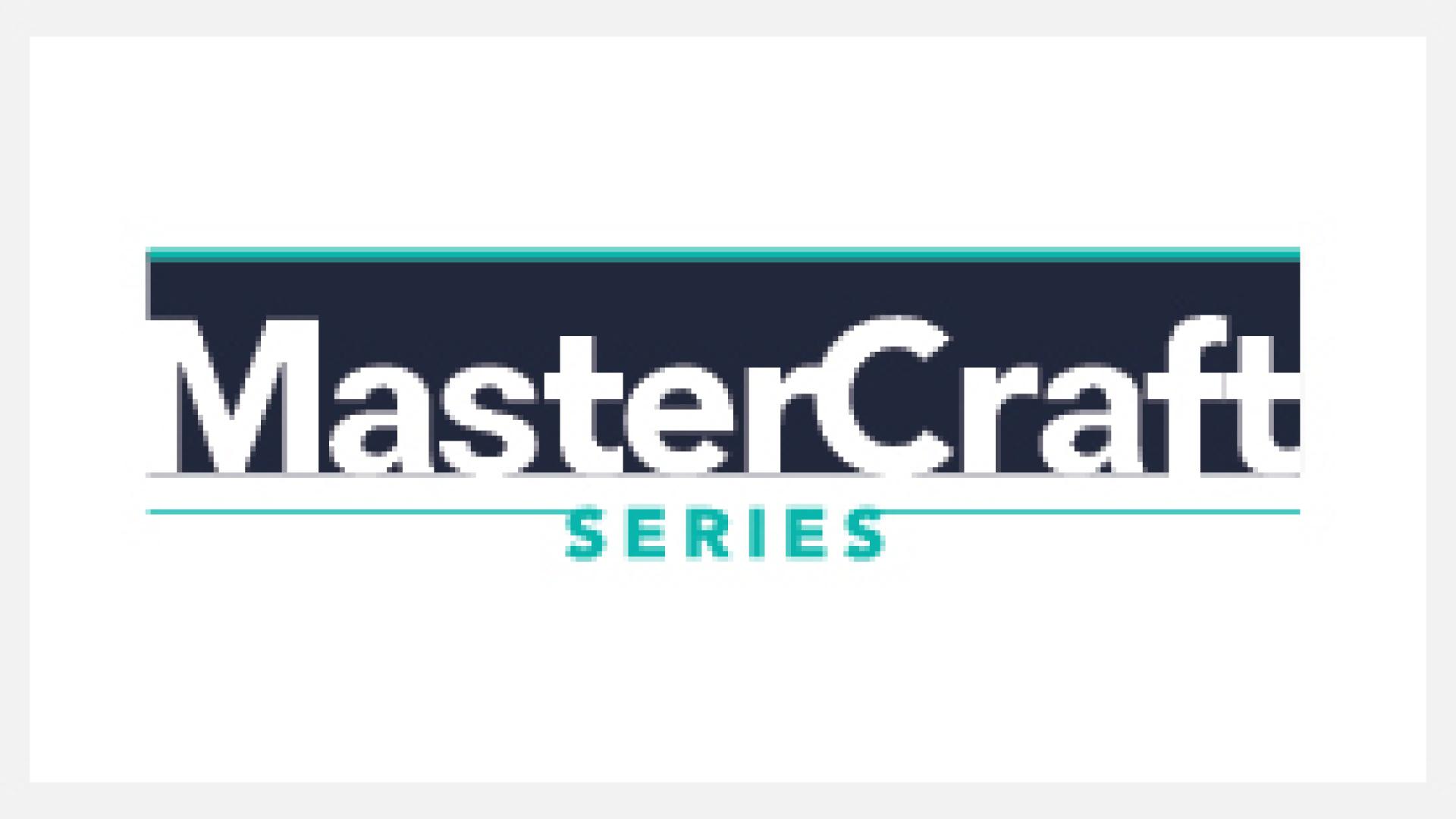
The Evaluation Profession stands at an exciting crossroads. Join our panellists as they unveil a groundbreaking new strategy that will shape the future of evaluation across the public sector.

This course is delivered from 04/03/2026 to 05/03/2026, by face-to-screen consisting of two 3-hour sessions.
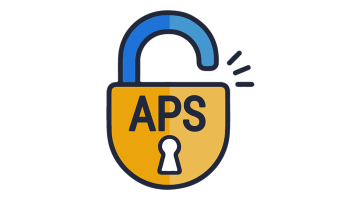
This course is delivered on 05/03/2026, by face-to-screen consisting of one 90-minute session.

This course is delivered from 10/03/2026 to 11/03/2026, by face-to-screen consisting of two 3-hour sessions.

This course is delivered from 11/03/2026 to 12/03/2026, by face-to-screen consisting of two 3-hour sessions.

This course is delivered from 18/03/2026 to 19/03/2026, by face-to-screen consisting of two 3-hour sessions.

This course is delivered from 18/03/2026 to 1/04/2026, by face-to-screen consisting of three 3-hour sessions.

This course is delivered from 30/03/2026 to 31/03/2026, by face-to-screen consisting of two 3-hour sessions.

This course is delivered from 30/03/2026 to 31/03/2026, by face-to-screen consisting of two 3-hour sessions.

This course is delivered on 08/04/2026, by face-to-face consisting of one 7-hour session.

This course is delivered from 09/04/2026 to 10/04/2026, by face-to-screen consisting of two 3-hour sessions.

This course is delivered on 14/04/2026, by face-to-screen consisting of one 8-hour session.

This course is delivered from 15/04/2026 to 29/04/2026, by face-to-screen consisting of three 3-hour sessions.

This course is delivered on 16/04/2026, by face-to-screen consisting of one 90-minute session.

This course is delivered on 29/04/2026, by face-to-face consisting of one 7-hour session.

This course is delivered on 05/05/2026, by face-to-face consisting of one 7-hour session.

This course is delivered from 07/05/2026 to 18/06/2026, by face-to-screen consisting of four 3.5-hour sessions

This course is delivered on 07/05/2026, by face-to-screen consisting of one 90-minute session.

This course is delivered from 11/05/2026 to 12/05/2026, by face-to-screen consisting of two 3-hour sessions.

This course is delivered on 21/05/2026, by face-to-face consisting of one 7-hour session.

This course is delivered on 27/05/2026, by face-to-face consisting of one 7-hour session.

This course is delivered from 09/06/2026 to 16/06/2026, by face-to-face consisting of two 8-hour sessions.

This course is delivered from 10/06/2026 to 11/06/2026, by face-to-screen consisting of two 3-hour sessions.

This course is delivered from 16/06/2026 to 17/06/2026, by face-to-screen consisting of two sessions. One 6.5-hour session and one 2.5-hour session.

This course is delivered on 18/06/2026, by face-to-face consisting of one 7-hour session.
Courses
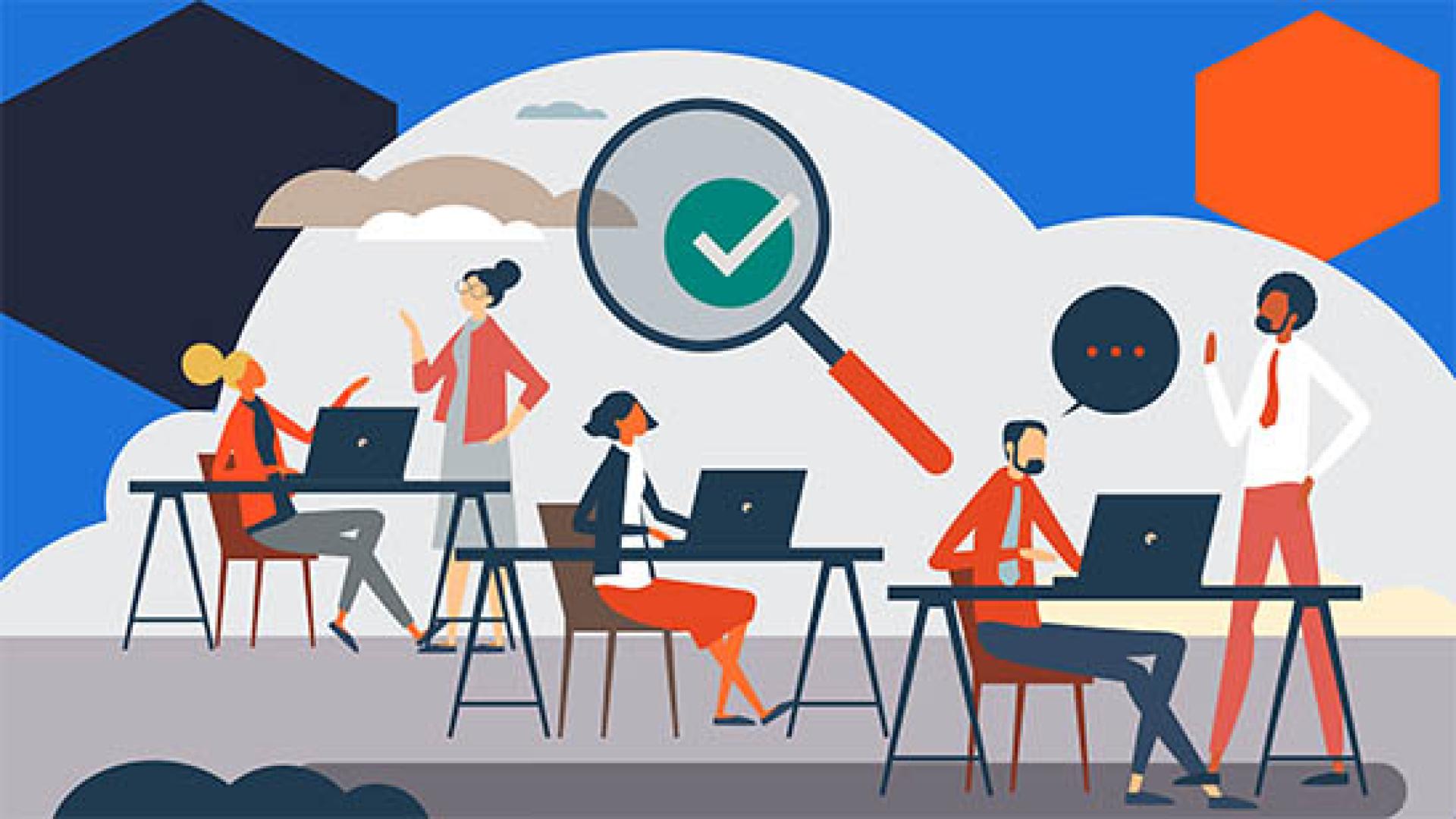
This course is designed to support you to build your interpersonal and self-care skills to foster positive human-to-human interactions that promote connection and understanding.

The APS Graduate Development Program is a 10-month generalist development pathway offered to new APS graduates by the APS Academy.

Starting 20 April 2026: APS Management Edge is a learning program for APS6 and Executive Level 1 (EL1) team leaders across the Australian Public Service. It is a cohort-based social learning experience, that builds confidence and capability in team management and core public administration areas.

APS Unlocked brings together new and returning members of the APS to engage with experienced APS leaders and practitioners, who will share essential information and tips for a successful and productive career in the APS.

The course introduces participants to coaching conversations and the manager-as-coach model.

This course assists those on selection committees to conduct effective selection processes. Examine relevant legislation and principles guiding staff selection and retention to get the best candidate.

The APS job application process. Practical exercises help participants write applications and perform well in selection activities and interviews.
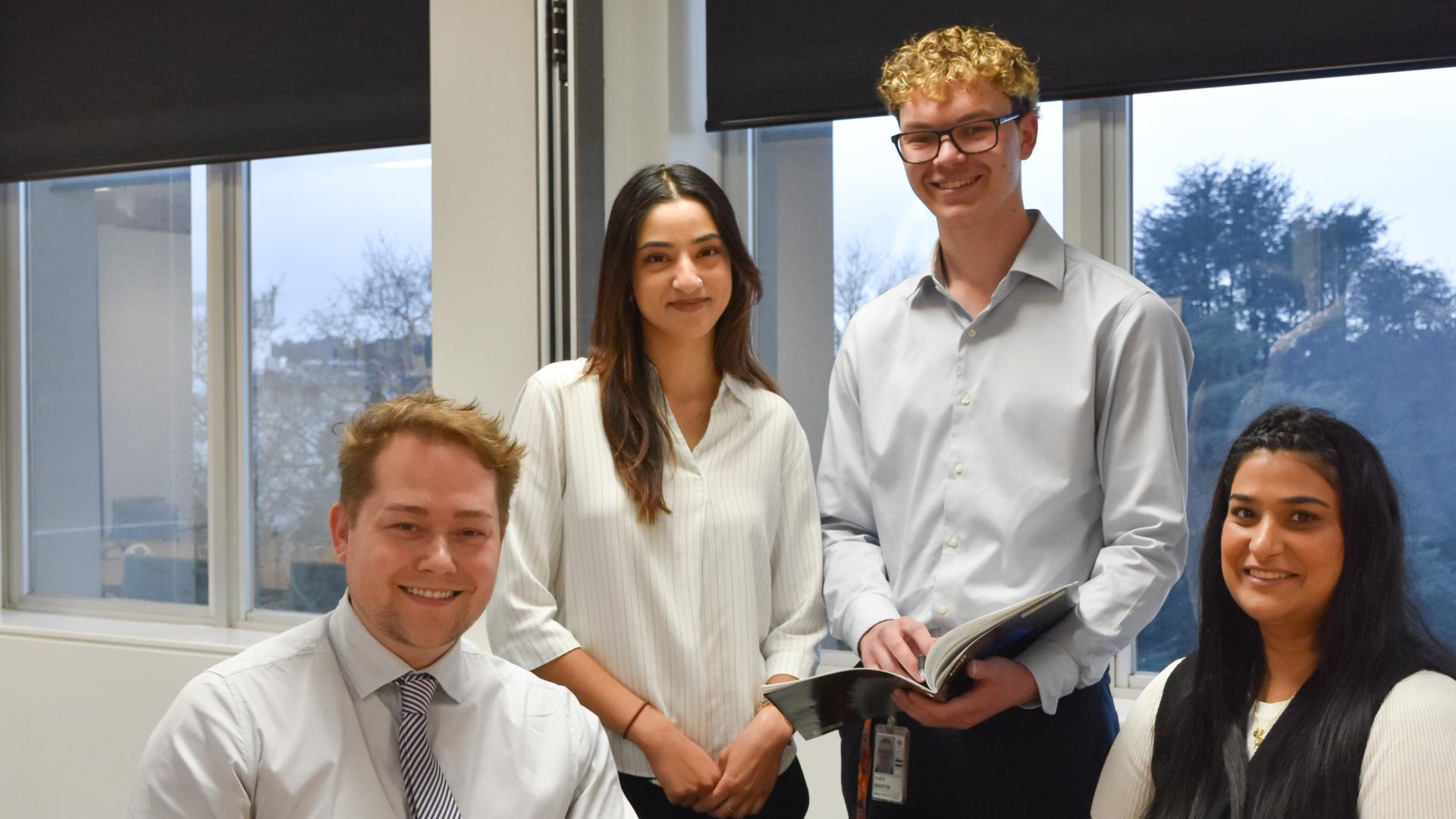
The Multicultural Organisation – Staff Awareness, Innovation and Capability (MOSAIC) digital learning magazine aims to enhance multicultural awareness in the APS.
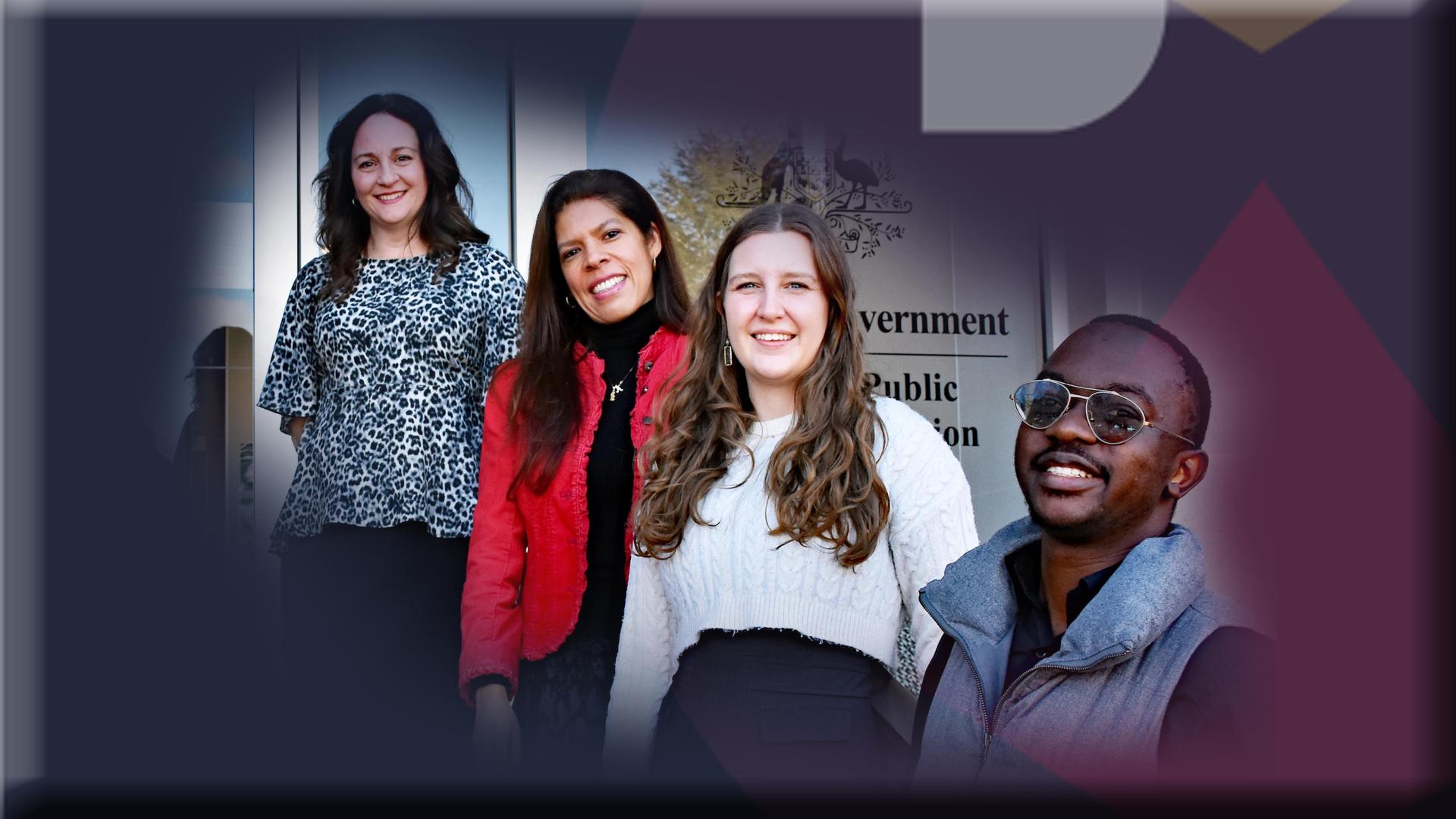
This learning experience supports APS 6 to Senior Executive Service (SES) leaders to champion cultural diversity and inclusion in their teams and organisations.

The Sir Roland Wilson Foundation PhD Scholarship program is open to Executive Level APS employees to study for a PhD full-time at the Australian National University on issues of national significance.

The program, delivered across four modules, focuses on four key topics to build foundational strategic workforce planning capability across the APS.

Understand the work level standards, capability requirements and behavioural expectations at the APS 5 level detailed in the APS Work Level Standards and the APS Integrated Leadership System.

Understand the capability requirements and behavioural expectations at of APS 6 level. Gain clarity of the APS Work Level Standards and the APS Integrated Leadership System.

Understand the critical role requirements of EL 1's through the APS Work Level Standards and capabilities and behaviours identified in the APS Integrated Leadership System.

Understand the broad role requirements of EL 2s through the APS Work Level Standards and deepen your understanding of the capabilities and behaviours required.
Resources
This Community is for Digital Profession members interested in human centred design, user experience, user research and service design. It is a safe and inclusive space to share best practice, connect with peers, share experiences, and solve shared problems.
The Digital Professional Stream Strategy is a structured way to build and uplift the core digital expertise of leadership and the workforce. It outlines the 6 broad themes and signature initiatives that will bring the strategy to life and create momentum.
This video was recorded in May 2022 at the APS Academy’s Craft Conversations event for the Digital and Data Professions. In it, the Head of the Data Profession and the Head of the Digital Profession share their experiences of the APS.
The Government’s APS Reform Agenda and Delivering for Australians highlighted the need to build an integrated strategic approach to workforce management. The need to strengthen workforce planning capability to plan and develop the capabilities the APS needs for the future is becoming increasingly more critical.
Providing a space for officials to collaborate, share best practice, and hear from industry and government experts, the Commonwealth Procurement and Contract Management Community of Practice is open to all Commonwealth officials.
Reflection is an important source of self-development and improvement and enhances your continuous learning experiences. It makes the learning that happens at work more productive because you are actively recalling and recognising what you learned.
It’s important to not only decide what skills and knowledge you want to develop, but also how you’re going to learn them. Use this downloadable development planning template to identify the learning experiences you’ll use to develop your skills and knowledge.
Comcare’s evidence-based Good Work Design resources can better support health, wellbeing, work participation and productivity, while creating psychologically safe teams.
Inspire and support a continuous learning culture with these Continuous Learning conversation prompts.
This Strategy talks about what the Australian Public Service (APS) and the Commonwealth public sector will do to better support Aboriginal and Torres Strait Islander peoples in APS workplaces. It includes actions for effective implementation in Commonwealth agencies.
The Australian Government commissioned Jobs and Skills Australia (JSA) to undertake a capacity study on the workforce needs for Australia’s transition to a clean energy economy. Learn more about how partnering with stakeholders and specialists has assisted them and what it could mean for your similar endeavours.
This chart highlights continuous learning experiences that are the most available to APS people. It plots the frequency and distance from work for each experience.
Martin Seligman presents the ‘PERMA’ model which steps through five elements essential to human wellbeing and flourishing: positive emotions, engagement, relationships, meaning and achievement.
The Digital Profession Member Community helps you find opportunities to work across government, collaborate and share crucial digital talent on projects.
Join a community of data and digital professionals at all levels of government. Connect with your peers, access training and learn from community meetups.
This Strategy provides a foundation for building an inclusive and diverse Australian Public Service (APS). It includes detailed actions for effective implementation in Commonwealth agencies.
Trauma-informed guidance to accompany the release of 'Set the Standard: Report on the Independent Review into Commonwealth Parliamentary Workplaces'. The Resource outlines trauma such as bullying, sexual harassment and sexual assault and its impacts.
This Strategy presents a pathway to realise gender equality in our Australian Public Service (APS). It includes action areas for effective implementation in Commonwealth agencies.
The APS HR Profession has developed a leader attributes overview to support HR professionals in defining and encouraging HR leadership.
The APS HR Profession has developed a capability framework to guide HR professionals to take control of their career pathways.
The APS HR Profession has developed an information package to support HR professionals in a range of day-to-day activities to high level strategic positioning.
Professor Robert Cialdini developed what he describes as ‘six universal principles of persuasion’. These fundamental human states allow leaders to increase the likelihood of influencing others.
The ILS provides capability development guidance for individuals and agencies in the form of descriptions and behaviours for all levels in the Australian Public Service.
Brene Brown informs leaders how they can give constructive and honest feedback from a place of engagement, rather than judgment. She calls it ‘Sitting on the same side of the table,’ as someone.
In her TED talk, ‘The power of believing that you can improve’ (2014), Carol Dweck discusses the ‘growth mindset’ which leaders can use to build their brain’s capacity to learn and solve problems.
Caroline Webb (2018) discusses the ‘discover-defend axis’ which is a model showing that the brain has two ‘modes’ which shape the way humans interact.
Lisa Lahey (2017) explores how leaders can transcend habitual patterns, and considers how to navigate change and complexity.
Gabriele Oettingen presents the ‘WOOP’ model which is a practical, accessible, evidence based mental strategy that people can use to find and fulfil their wishes and change their habits.




